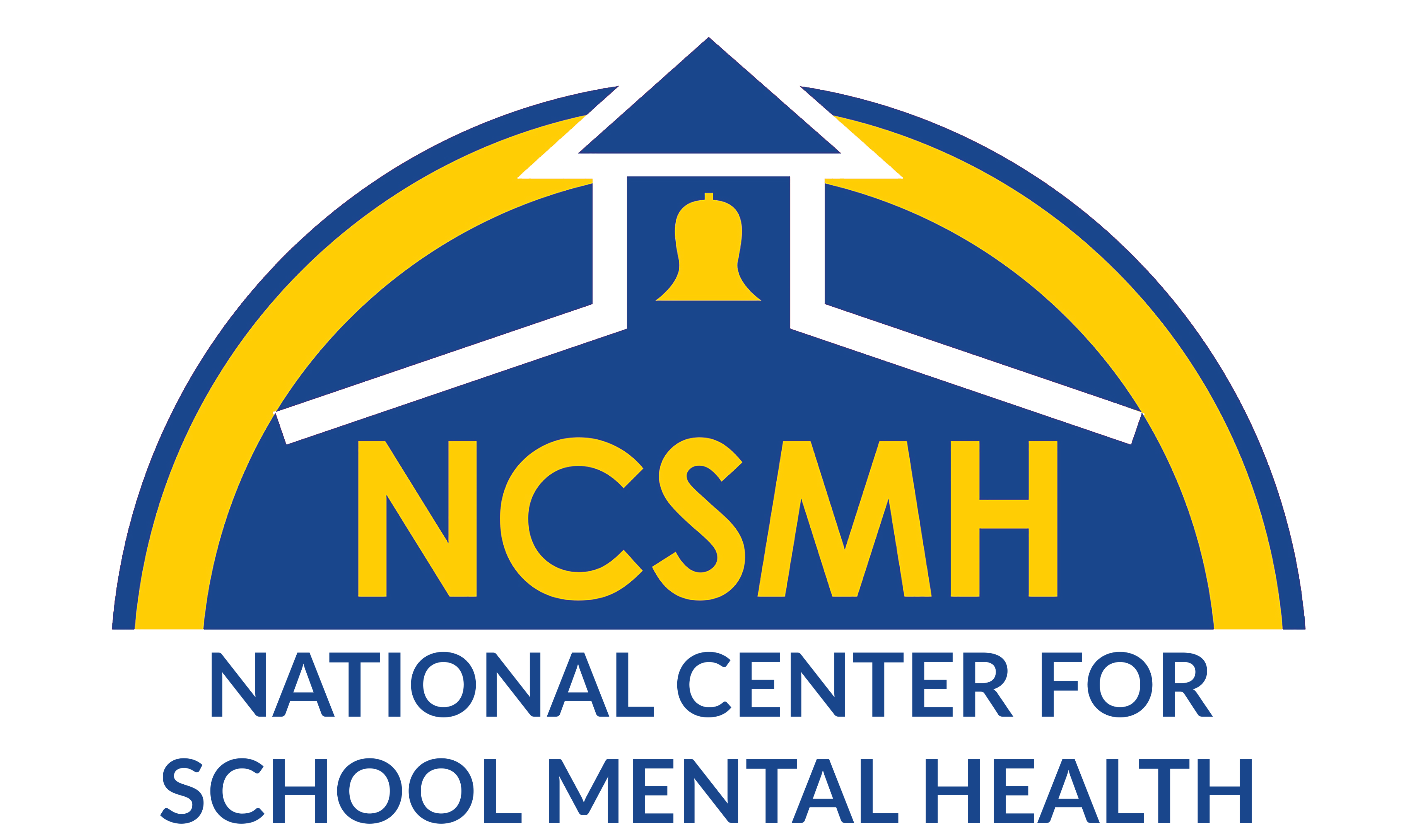This is not “one more newsletter.” The National Center for School Mental Health listserv newsletters include timely information on upcoming conferences, events, and webinars, grants and research opportunities, news reports and resources, policy updates, and issues in the popular media related to school mental health. The newsletter comes out every other month, with occasional bonus announcements … Continue reading NCSMH Newsletter
The Mental Health Technology Transfer Center (MHTTC) Network, in partnership with the National Center for School Mental Health at the University of Maryland School of Medicine, has developed a FREE self-guided online course, video library + resource collection, and a website focused on educator mental health literacy. The 3-part training package, Classroom WISE (Well-Being Information … Continue reading Classroom Well-being Information and Strategies for Educators (WISE)
After a turbulent 2020-2021 school year, it is more important than ever that educators have feasible and effective options to support students’ foundational social-emotional skills. Prior studies have found that students who participate in social-emotional learning (SEL) programs improve their behavioral and academic functioning and reduce their challenging behaviors.1 When selecting an SEL program, educators … Continue reading Social-Emotional Learning Program Study: Tools for Getting Along
Did you know? The recent influx of federal COVID-19 relief funds provides an opportunity to fund early childhood educational mental health supports and services!
State agency leaders and early childhood educators can use infant and early childhood mental health consultation (IECMHC) to meet children’s social and emotional needs during and beyond the pandemic.
To help educators think about how to discuss these cases and other race-related violence and how to support Black students and other students of color who may be distraught by what they read and see in the media, Education Week has compiled some resources from its archives and elsewhere. They include news articles, opinion essays, … Continue reading 16 resources on talking to students about police killings and racism
What strategies can educators use to facilitate safe and meaningful discussions on race, racial (in)justice and racism? This toolkit from Learning for Justice (formerly Teaching Tolerance) offers specific strategies, as well as tips for managing student responses, in order to create a safe environment for difficult conversations. https://www.learningforjustice.org/magazine/spring-2015/toolkit-for-talking-about-racism-and-police-violence-with-students
This recent article from EdWeek describes efforts by teachers of color to address police violence against citizens of color, as well as the pushback received. The teachers interviewed shared their own experiences, concerns for students of color, and desire to help white students participate in systemic change. https://www.edweek.org/leadership/discussing-the-derek-chauvin-trial-in-class-how-teachers-are-doing-it-and-why/2021/04?
This article from Learning for Justice (formerly Teaching Tolerance) addresses the burden placed on teachers of color to support students and lead anti-racist efforts. It also offers suggestions for white educators, stories of white educators who are doing the work, and helpful tips (that white teachers and allies may want to print and post for … Continue reading What white colleagues need to understand
This post from the National Center for Safe Supportive Schools introduces the Center for Childhood Resilience (CCR). CCR is partnering with Alliance for Prevention and Inclusion and the National Center for School Mental Health to establish the National Center for Safe Supportive Schools (NCS3). The NCS3 aims to integrate best practices of school mental health, … Continue reading Addressing the trauma of racism







